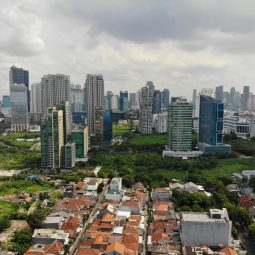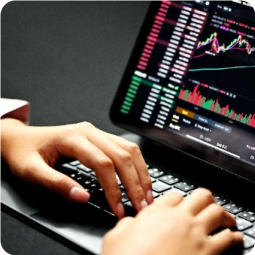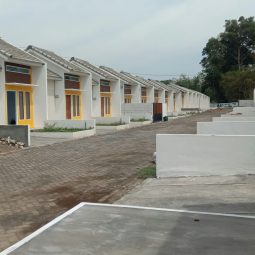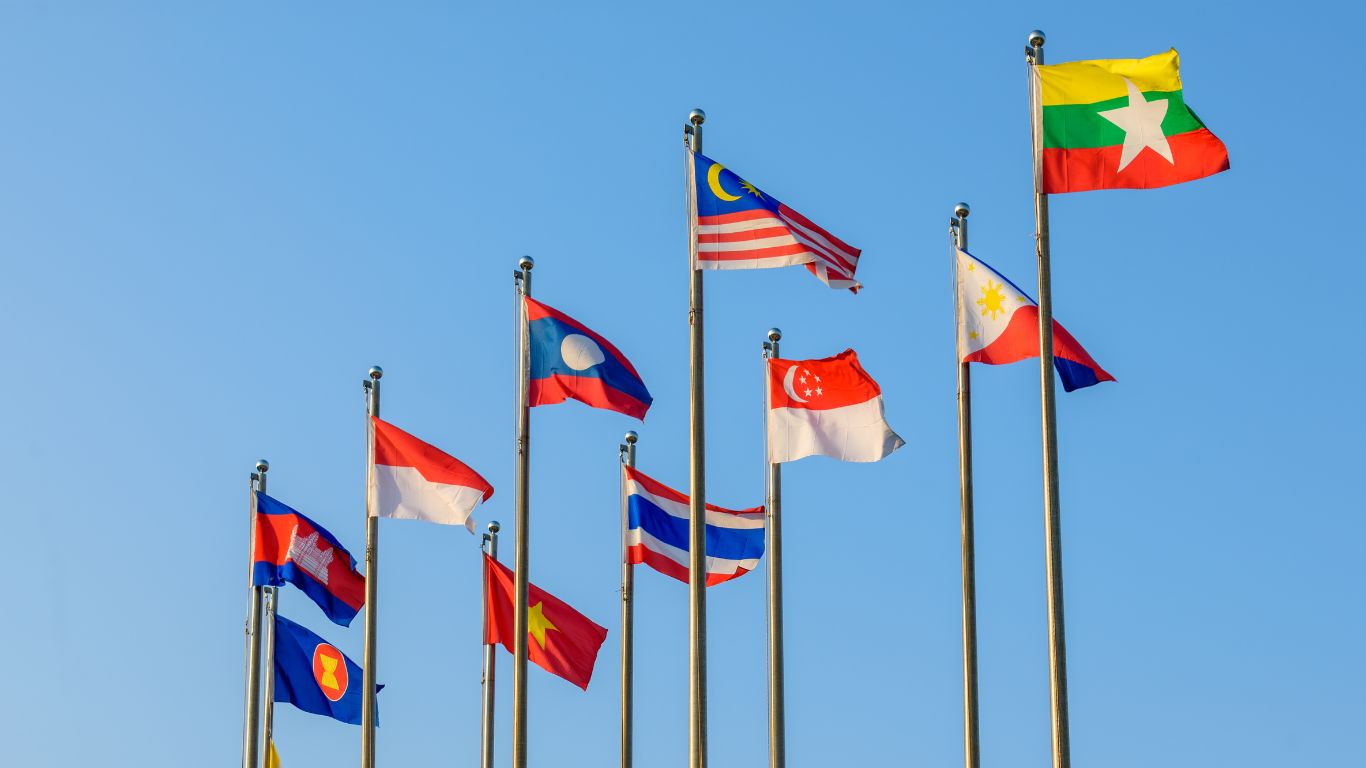
The Future of ASEAN: Building Economic Resilience Through Regional Trade
When former U.S. President Donald Trump returned to the White House and unleashed a new wave of aggressive tariffs in 2025, it wasn’t just another geopolitical headline.

When former U.S. President Donald Trump returned to the White House and unleashed a new wave of aggressive tariffs in 2025, it wasn’t just another geopolitical headline.

For developing countries like Indonesia, participation in global trade opens significant opportunities for economic growth and job creation. However, this openness also presents challenges, ranging from global market fluctuations to the impacts of foreign (partner country) policies. Therefore, a deep understanding of international trade dynamics is crucial for formulating resilient and adaptive economic strategies.
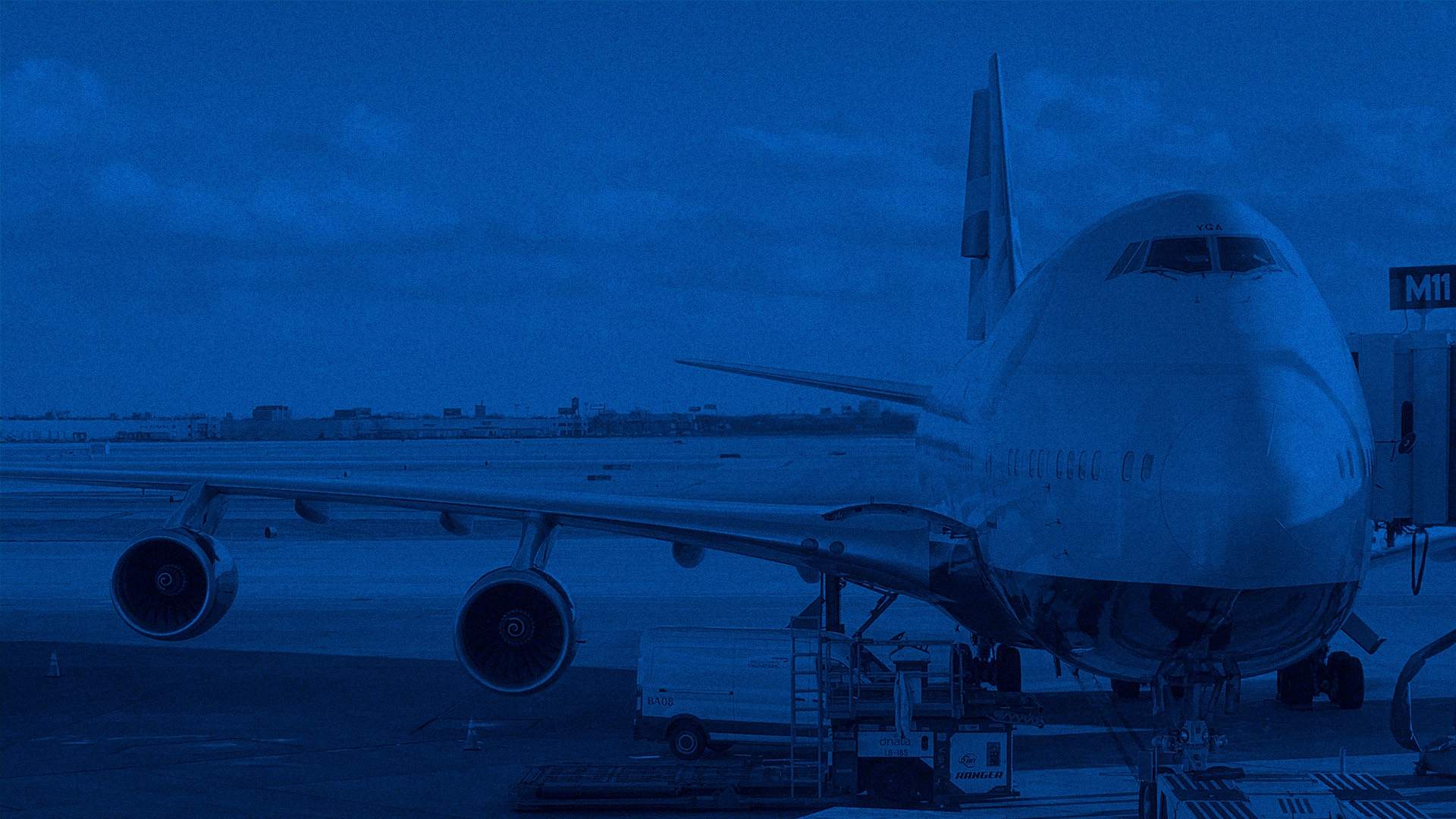
As the economy expands, developing a thriving air cargo sector will further strengthen Indonesia’s role in global trade, ensuring resilience and competitiveness in changing economic conditions.
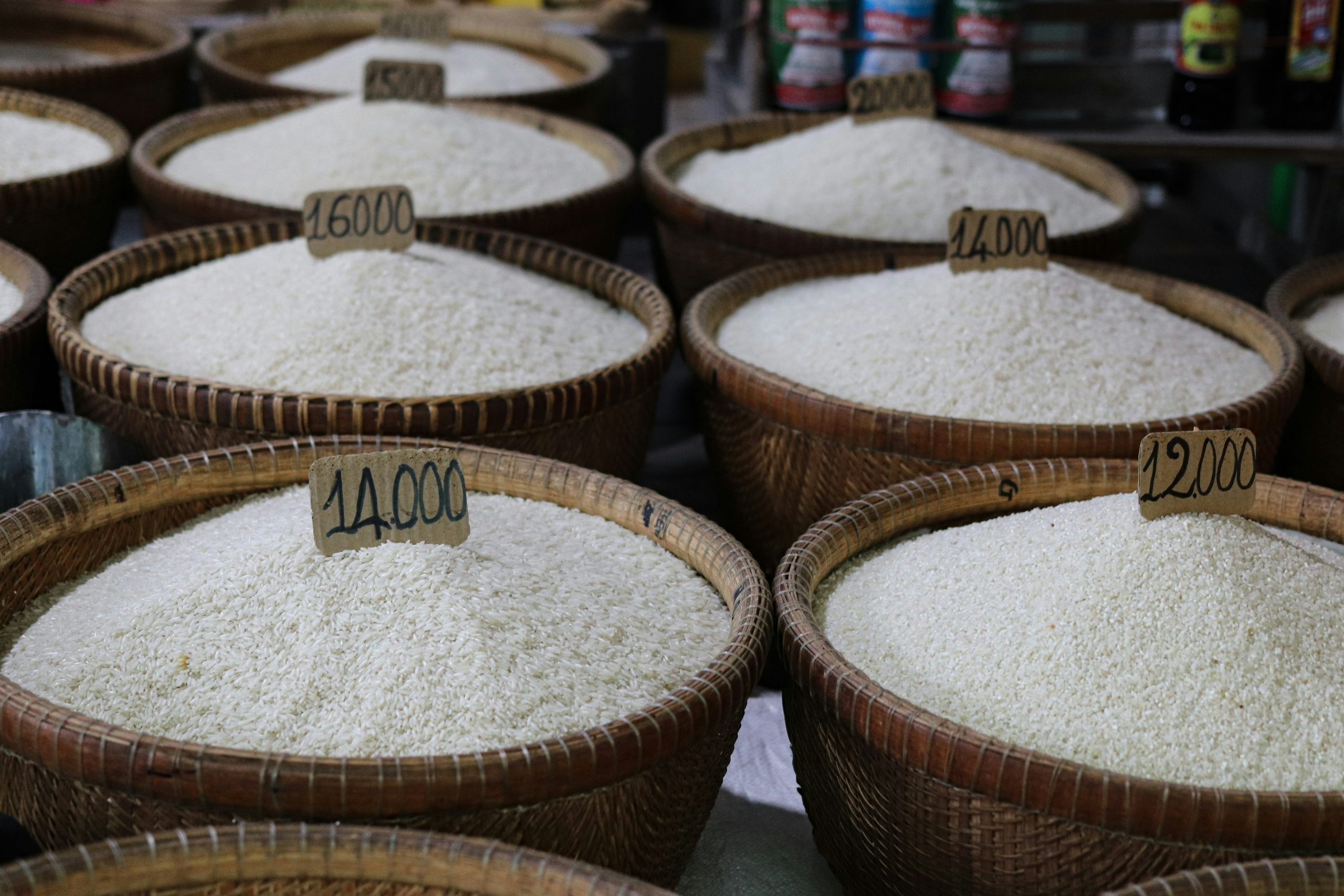
Food security in particular to address the adequacy of supply and stability in prices of staple foods has been addressed by the Government since several years ago. However, the conflict between Russia and Ukraine shows that geopolitical conflicts can disrupt global food supply chains which in turn lead to a global food crisis.







